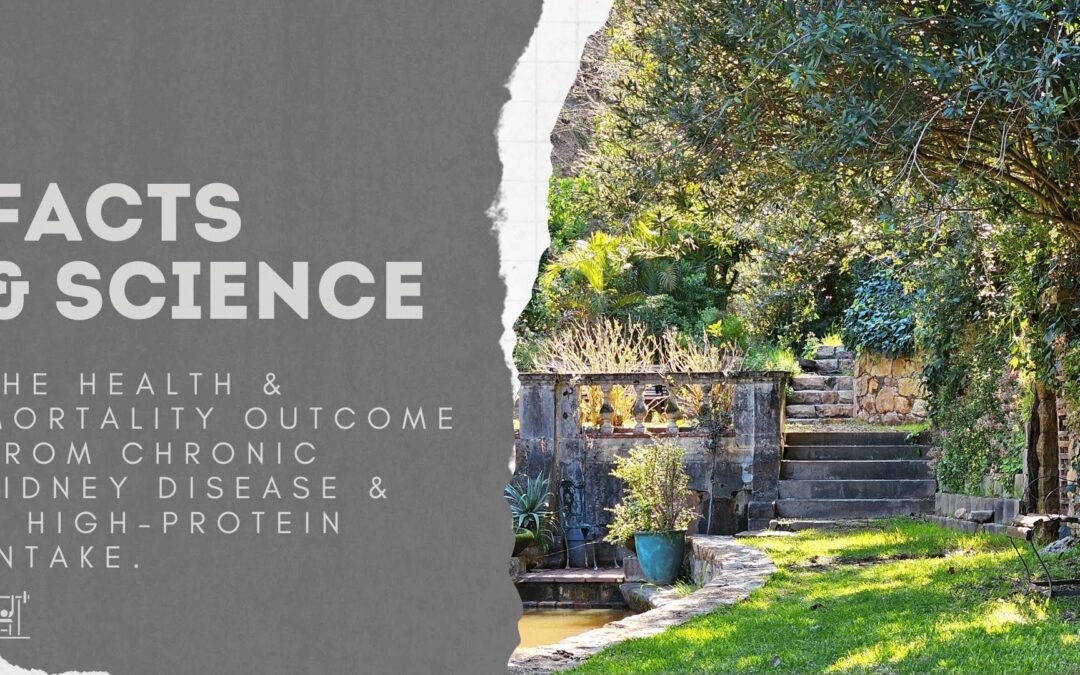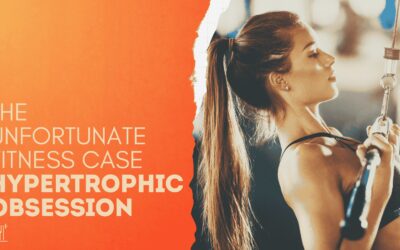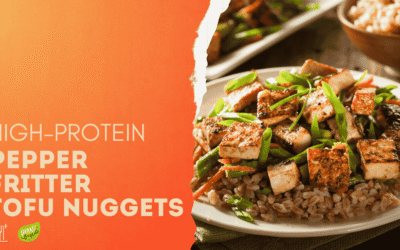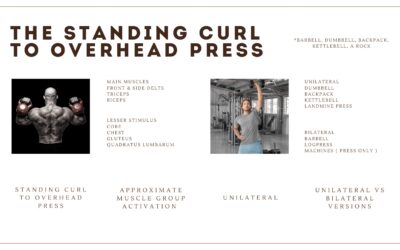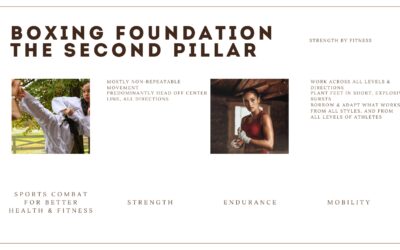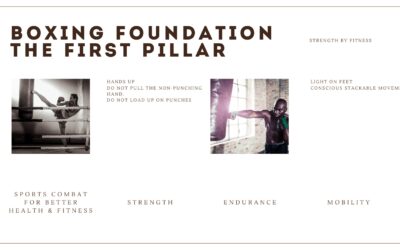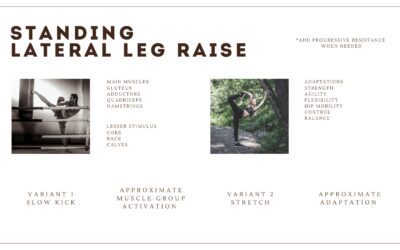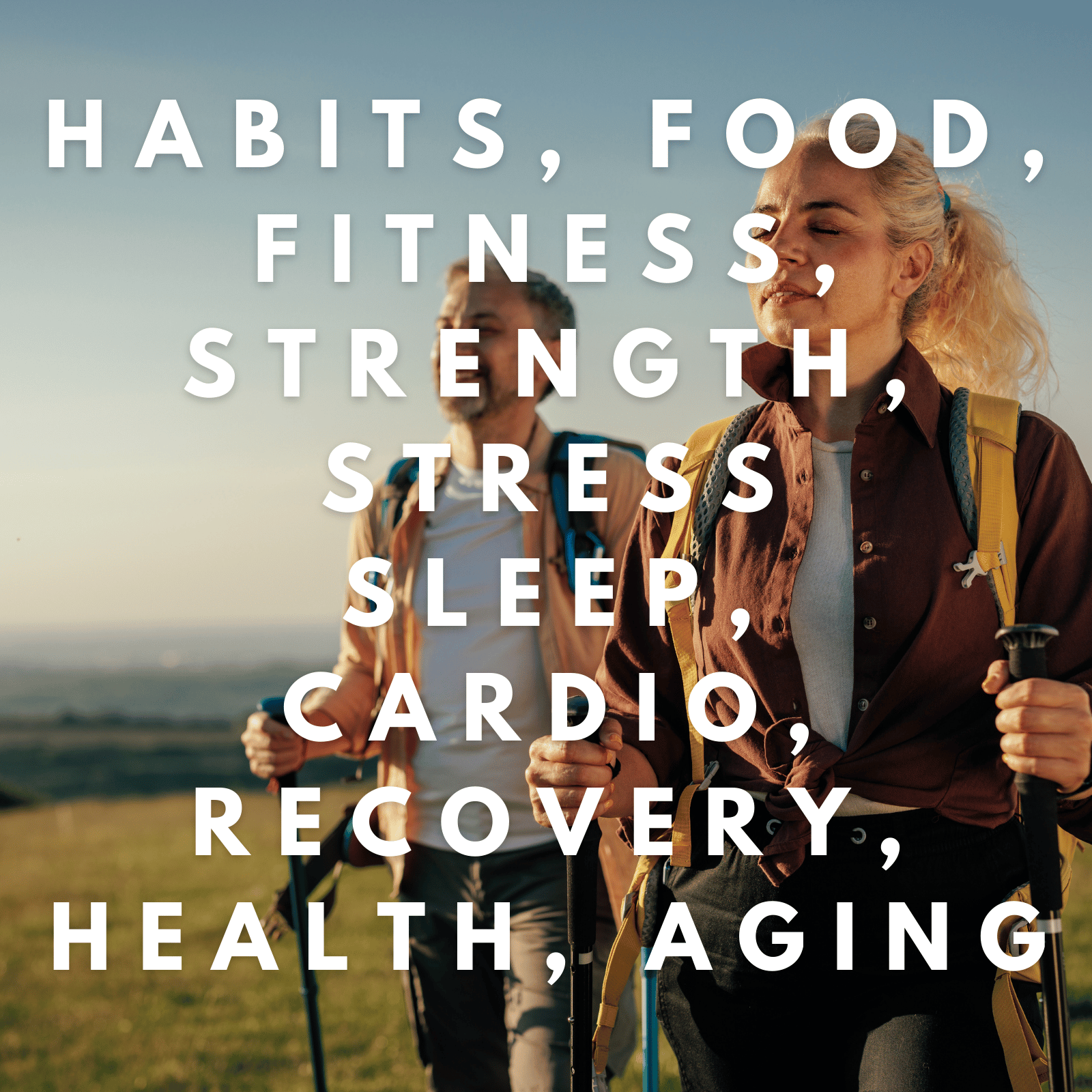
Strength By Fitness
The Health & Mortality Outcome From Kidney Disease With A High-protein Intake. Welcome to another fact-based article from Strength by Fitness.
I have lately seen some health, nutrition & fitness conversations about protein intake and kidney disease. Expressing the good old fable that a healthy high-protein intake will be a bad thing for people with kidney issues.
And especially so the elderly.
But this is a fable for most people, based on a small grain of truth. So let me make two simple but fact-based statements.
A.
The older you are the more daily protein per kg/lbs of body weight you will need to consume in order to remain healthy, mobile, cognitively capable, strong, and durable with a good amount of daily energy. This is demonstrated time, and again in study, after study, and clearly demonstrated in real life outcomes too.
So, the question becomes, could this well-established, basic fact be upturned if you are unfortunate enough to have some level of compromised kidney health?
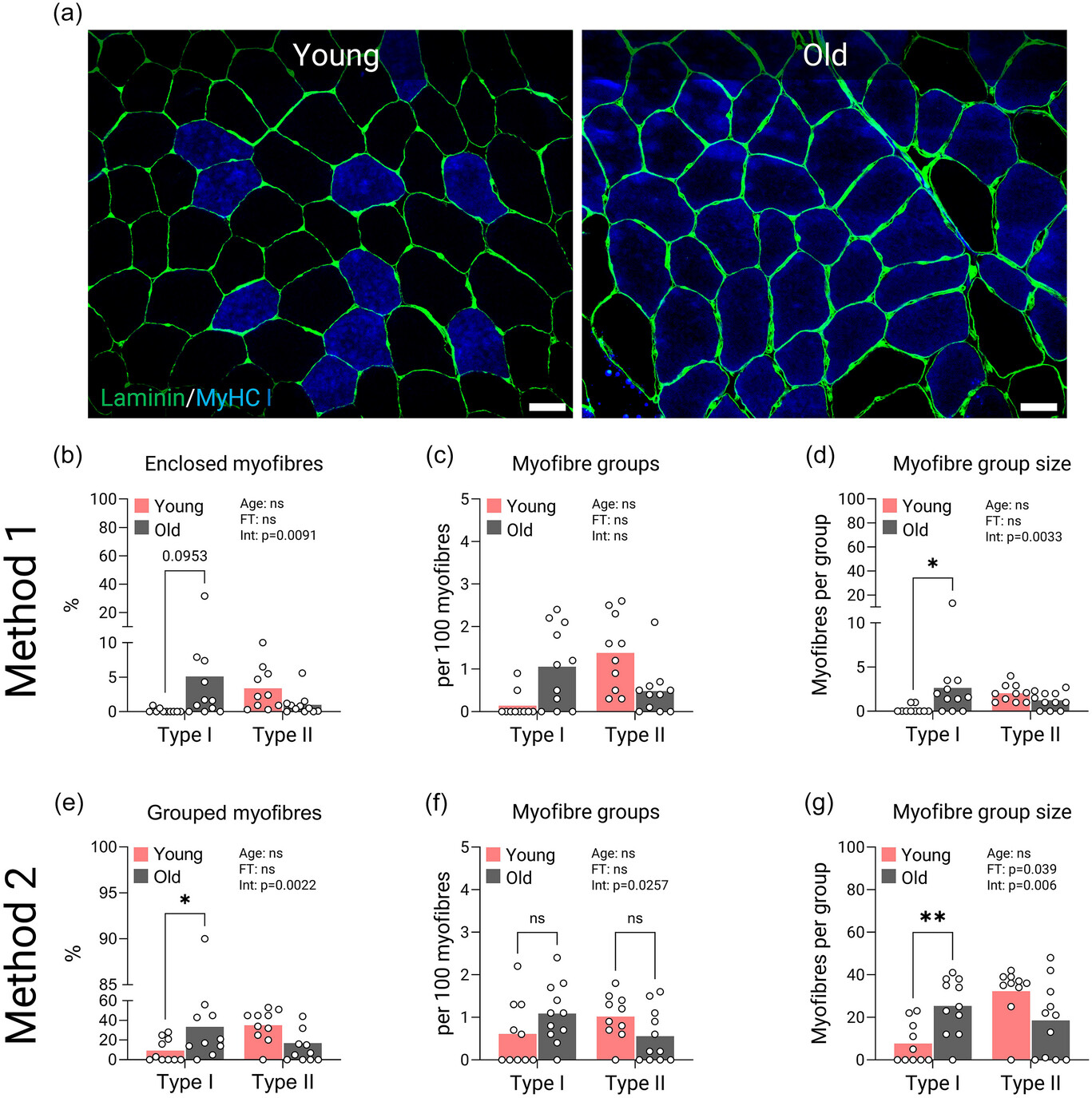
The older you are the more protein you need to remain healthy, and strong. This well-established, fact does not change for people with compromised kidney health, CKD levels 1,2 & 3.
Coach Mike, Strength By Fitness
This is a sensible question. After all, we do know that the ongoing progression of a person’s kidney health itself can progress worse in people with CKD when they consume a lot of protein. So it makes sense that it has long been the standard advice to avoid eating above RDA for anyone with any level of chronic kidney disease.
But is this the right advice when we look at the most up to date data and scientific knowledge across health, food, aging, and fitness? The above quote give away the fact-based, up to date answer.
B.
So, to answer this in a short and clear way. Let us look at this fresh 2024 all-cause-mortality study that included 8543 adults whom all were 60 years and older.
The average age of participants was 78 years of age, and I wont you to let me be frank because the fact-based, real-life outcome is dead easy.
Do you need help succesfully changing your lifestyle habits?
We provide coaching, online, and on-location, in-person.
TLDR:
The higher the participants intake of total protein the better their mortality risk and outcomes.
Yes, this held true for mixed protein, animal, and plant protein since it was all associated with lower mortality in all participants with mild or moderate CKD.
Read that again, mortality risk and health outcomes improved the more protein they consumed.
In plain numbers.
Mortality risk with CKD ( chronic kidney disease ). Numbers represent grams of protein per kilo of body weight and day.
1.00 vs 0.80 g/kg/d dropped to 0.88 (95% CI, 0.79–0.98)
1.20 vs 0.80 g/kg/d, improved to 0.79 (95% CI, 0.66–0.95)
1.40 vs 0.80 g/kg/d, this pushed the reduction of mortality risk further down to 0.73 (95% CI, 0.57–0.92).
So as you can see, the more total protein per day they consumed, the better the mortality outcome, this is despite the fact that all participants had CKD.
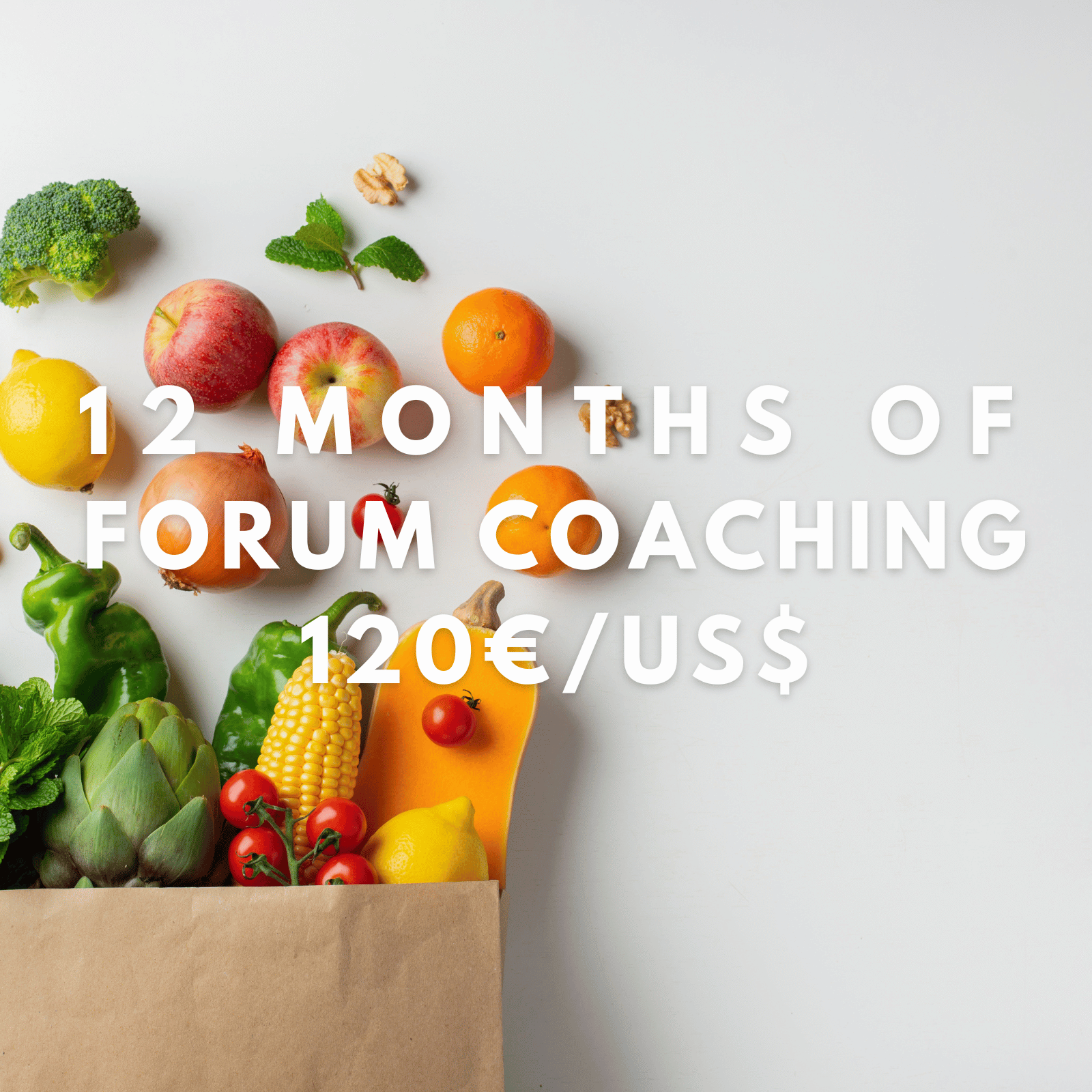
Is there any negative feedback at all?
Well, that would be that the outcomes were even better among high-protein participants without chronic kidney disease.
But just because healthy elderly people benefit even more from a high-protein intake, that doesn’t in any way change that people with mild to moderate kidney disease also benefit from a high-protein intake.
This tells me that a higher protein intake with its many, many positive health outcomes outweighs the negative impact of CKD, stages 1 to 3, to such a degree that it just doesn’t matter if chronic kidney disease and a higher protein intake isn’t the best of friends.
That sum of it all health and mortality outcome that you can see so clearly in this study is ultimately what matters for all humans.
In other words, unless you have such a severe health issue that it makes a low protein intake a necessity every single human being should be on a high-protein food plan ( and particpate in weekly strength training and aerobic exercise ), this fact-based recommendation includes people with mild to moderate chronic kidney disease ( stage 1 to 3 ).
In my opinion, that is, but this is what the most current health, food and fitness science also tells us.
What I can’t say based on this study is where the benefit of more protein will cease to outdo the negative impact of a higher stage CKD anymore.
But for stage 1 to 3 high-protein is the way to go.
Cited study.
1. Anabolic sensitivity in older fit people vs young and fit people.
Anabolic Sensitivity in Healthy, Lean, Older Men Is Associated With Higher Expression of Amino Acid Sensors and mTORC1 Activators Compared to Young — Horwath — Journal of Cachexia, Sarcopenia and Muscle — Wiley Online Library
2. Age-related decline in type II skeletal muscle fiber unless you strength train good enough.
Aging leads to selective type II myofibre deterioration and denervation independent of reinnervative capacity in human skeletal muscle — Horwath — Experimental Physiology — Wiley Online Library
3. Fat loss with or without exercise and outcomes in muscle mass.
Effect of exercise modality and weight loss on changes in muscle and bone quality in older adults with obesity – ScienceDirect
4. Jama Network, Chronic Kidney Disease and mortality outcomes relative to a person’s protein intake.
https://jamanetwork.com/journals/jamanetworkopen/fullarticle/2822055?s=09
Do you need help with your fitness, health, habits, and nutrition? Strength By Fitness doesn’t just produce fact-based content across all these domains, we also coach and train people in-person and online.
Click coaching in the menu on top and get in touch.
You can also read this article over at Medium if you are a paying Medium Member.
strength by fitness
podcasts
recent articles
What is fitness? The case against making hypertrophy the n1 exercise pillar.
Why is it a slight health & fitness problem, relatively speaking, that the world has fallen in love with making hypertrophy the be-all end-all of strength training? Well that is what we will talk about in todays fact-based Strength By Fitness article
High-protein sweetcorn, tofu nuggets, and pepper fritters meal.
Who doesn’t enjoy a tasty, nutritionally rich pepper fritter meal served with crunchy, protein-filled nuggets? Well, that is exactly what Strength By Fitness is handing out with this nutritionally rich, high-protein, higher-SPC soy nugget, pepper fritter recipe.
As always, with our many meals, this one is absolutely packed with health-promoting nutrients per unit of energy.
Enjoy.
Mike & Mida
Exercise Library: Standing Curl to Overhead Press
The overhead press is a fabulous exercise, no matter which version you are doing. Machine, dumbbells, barbells, kettlebells, bilateral, unilateral, standing, seated. They are all amazing. But the Unilateral, standing curl to overhead press is my favorite shoulder press variant. Read on to see why Strength By Fitness Coach Mike prefers this bad boy.
Exercise Library: Boxing Foundation, The Second Pillar. Movement.
Welcome to Strength By Fitness’ second boxing foundation article: The second pillar, movement from feet to head.
Bob, weave, slip, and move, learn to cut angles, and strike across all levels and from all angles and sides. Learn and absorb from everyone.
Exercise Library: Boxing Foundation, The First Pillar.
Strength By Fitness Exercise Library: Boxing Foundation, The First Pillar. Every good martial artist needs a good, solid foundation to build stackable techniques and movement upon. This holds true even if you only include weekly sports combat in your fitness life for the fun, and wonderfully beneficial exercise and outcomes it provides.
Welcome to Strength By Fitness fact-based fitness life & coaching.
Exercise Library: Standing Lateral Leg Raise
Strength By Fitness Exercise Library: Standing Lateral Leg Raise. This exercise choice can primarily be thought of as a bodyweight exercise from the world of Yoga, Martial Arts, Gymnastics, and Pilates.
But it serves a useful purpose for many sports and fitness-related reasons due to increased lower body strength, agility, control, and flexibility. All while providing no blunt force impact for tendons, joints, and bone mass. Making you fitter, stronger, increasingly flexible, and more agile while providing extremely low-impact activity.
Welcome to Strength By Fitness, fact-based fitness life & coaching.
We appreciate you
so stay healthy & never stop training
Contact
Private In-App Messaging is Available For All App + Coaching Clients
Adress
Coaching Is Available Online Via App on IOS & Google Play, and In-person, On-location.
